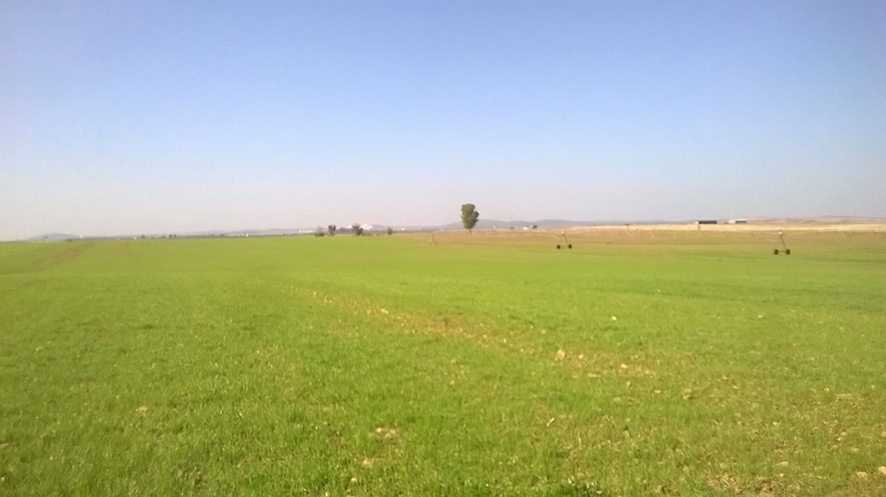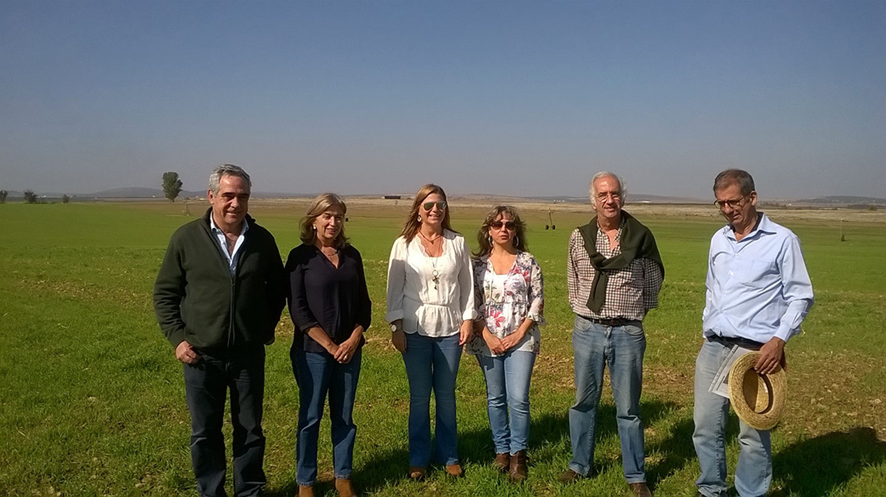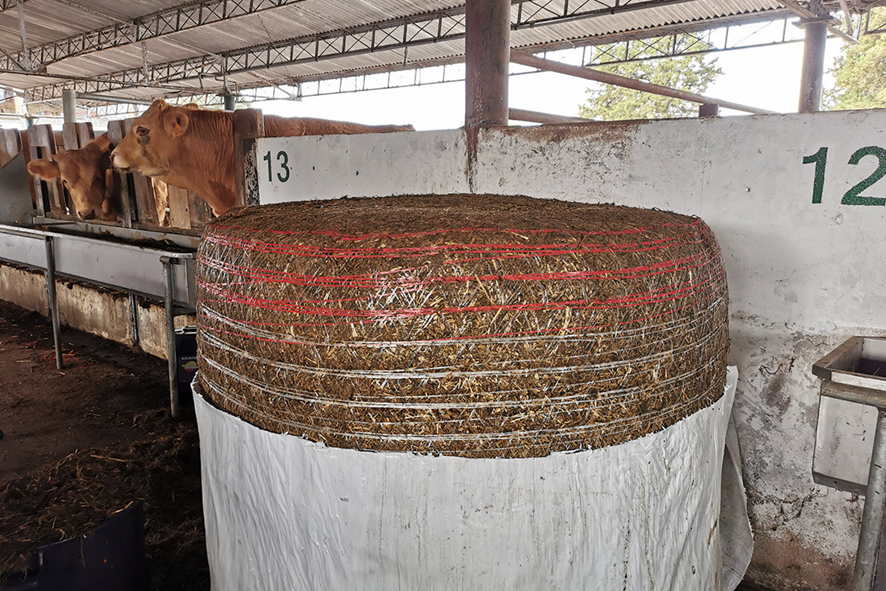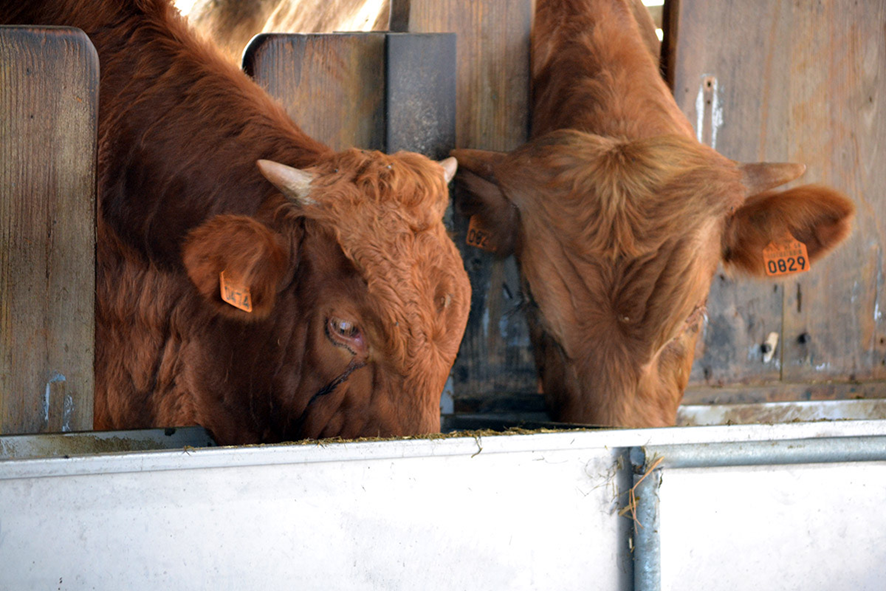Introduction to the challenge addressed
Portugal has a significant trade deficit in cereals and oilseed, which are the main components of compound feed used in livestock production. It is therefore essential to find alternatives to these raw materials to balance the trade balance, improve the use of endogenous resources and the sustainability of livestock production systems. Portugal has a significant trade deficit in cereals and oilseed, which are the main components of compound feed used in livestock production.
Description of the innovation
The use of fodder in diets for ruminants, that are rich in legumes with varieties that are well adapted to many environmental situations in Portugal of high nutritional value and with a high protein content and high digestibility, may be a way to reduce the amount of protein concentrate feed. On the other hand, the valorisation and incorporation of by-products of agro-industries, such as dehydrated sugar beet and citrus pulp, or soya hulls, could be a way of reducing the incorporation of cereals in the diets of these animals.
The Operational Group LegForBov in Portugal aims to test non-conventional diets in the growth and fattening of calves, promoting the use of high food value fodder and agro-industrial by-products, whose use will reduce production costs, thus contributing to the sustainability and competitiveness of this beef cattle sector.
This project started at the beginning of 2018 and it's still going today (2022). The biggest challenge of the Operational Group is to find good alternative feeds that allows the same average daily growth in beef cattle. Alternative feeds can be helpful as an alternative resource for times of drought or when there is a significant increase in the price of imported feed.
Impact on farm importance
This project, by studying various alternative diets, will obtain technical and economic indicators of the various solutions for the production of calves. Some of the alternative diets may have a positive effect on the quality of the carcasses produced, on meat quality and on the lipid composition and nutritional value of intramuscular fat.
Further information:
https://projects.iniav.pt/LegforBov/projeto/




Author: Magda Fontes Aguiar – University of Lisbon - FMV